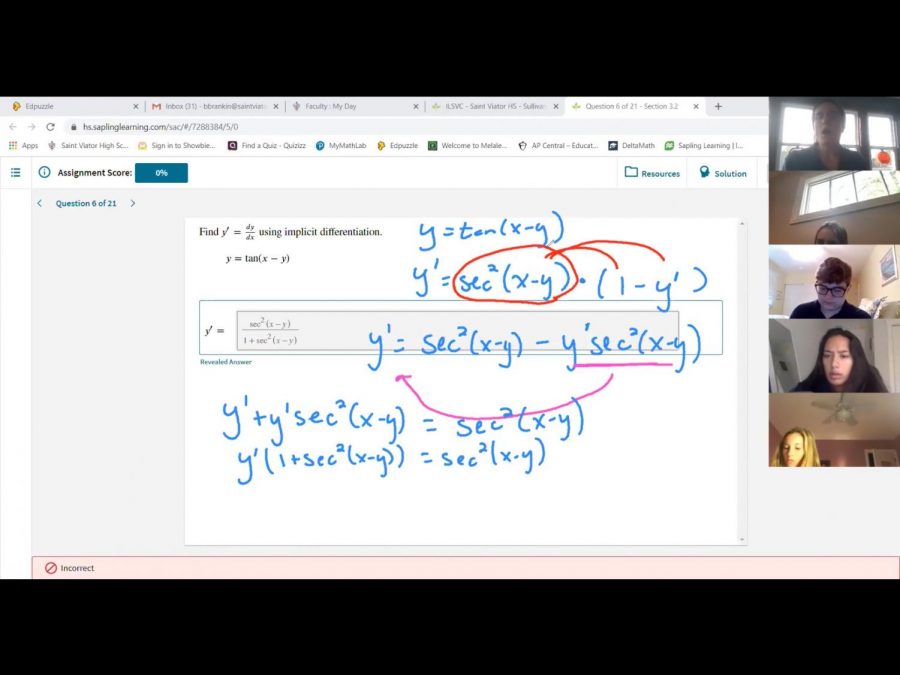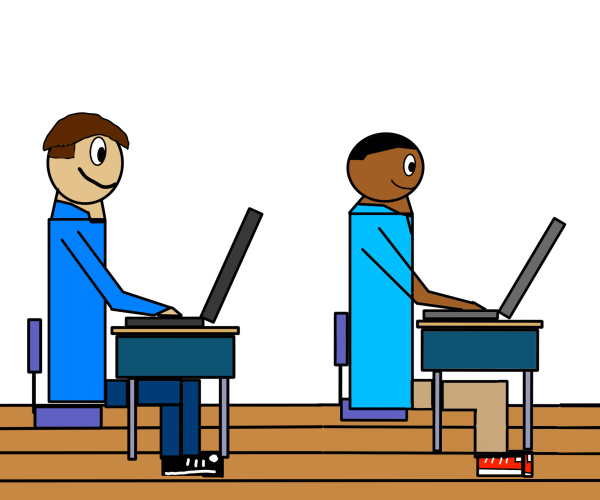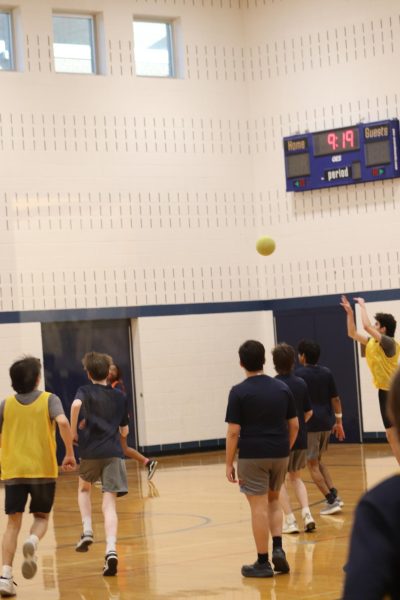An expert’s guide to e-learning
Students, faculty offer tips for mastering online schooling
A close friend, a teammate, or someone in your class tests positive. Three independent cases of COVID arise within the school. The positivity rates in the surrounding areas surpass the eight percent limit. Although students have the rare opportunity during this pandemic for full, in-person learning, it can be replaced with E-learning at any moment for many reasons. However, students who have been E-learning since the beginning of the year have tips for when the school transitions from in-person to remote learning.
“The change is something we will have to get used to,” said junior Lucas Doland. “In-person learners should always be ready to go back to remote learning.”
The transition to e-learning is difficult for many students. However, there are things students can do to make the experience more manageable. First, students should limit distractions.
“Stay focused,” said junior Angelina Tenuta, a remote learner since the beginning of the school year. “Try to put distractions aside to focus on doing your best.”
Remote learning involves spending an abundance of time on Zoom and looking at a screen, so breaks from the iPad are encouraged.
“Those fifteen minutes between classes are for you to stop and walk away from the screen,” said Ms. Maggie Miskowicz, the instructional technology coordinator. “Getting your eyes off the screen is always a good idea.”
E-learning does not have to be completely electronic.
“Lower the stress on your eyes by printing some of your worksheets out,” said Daniel Bottcher, a senior who chose remote learning after quarantining from a trip.
Students can avoid technology frustration by staying on top of updates.
“The biggest thing with technology is making sure that your iPad and apps are updated,” said Ms. Maggie Miskowicz.
If there are any issues with remote learning, students are encouraged to reach out to faculty for help.
“If something is not working, tell your teacher to let them know or let me know,” said Ms. Miskowicz. “Communication is key.”
“Nothing is guaranteed,” said Lucas Doland. “You never really know what will come next.”
Your donation will support the student journalists of Saint Viator High School. Your contribution will allow us to purchase equipment and cover our annual website hosting costs.







